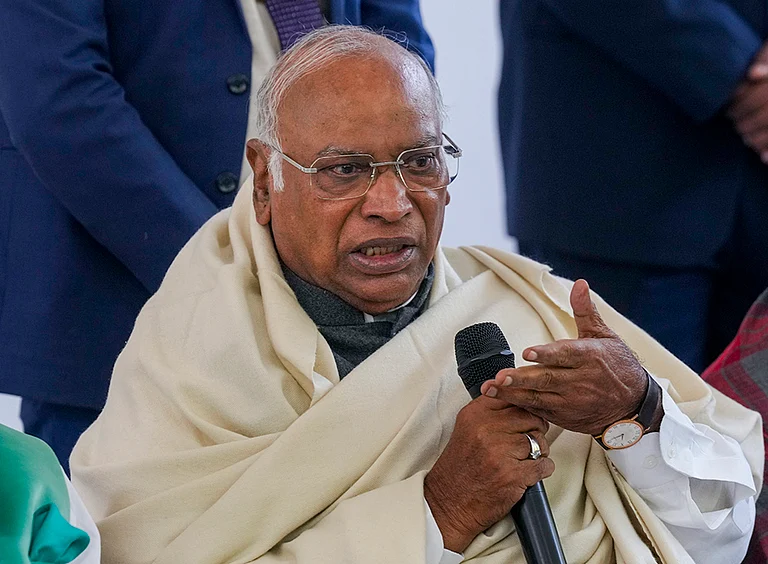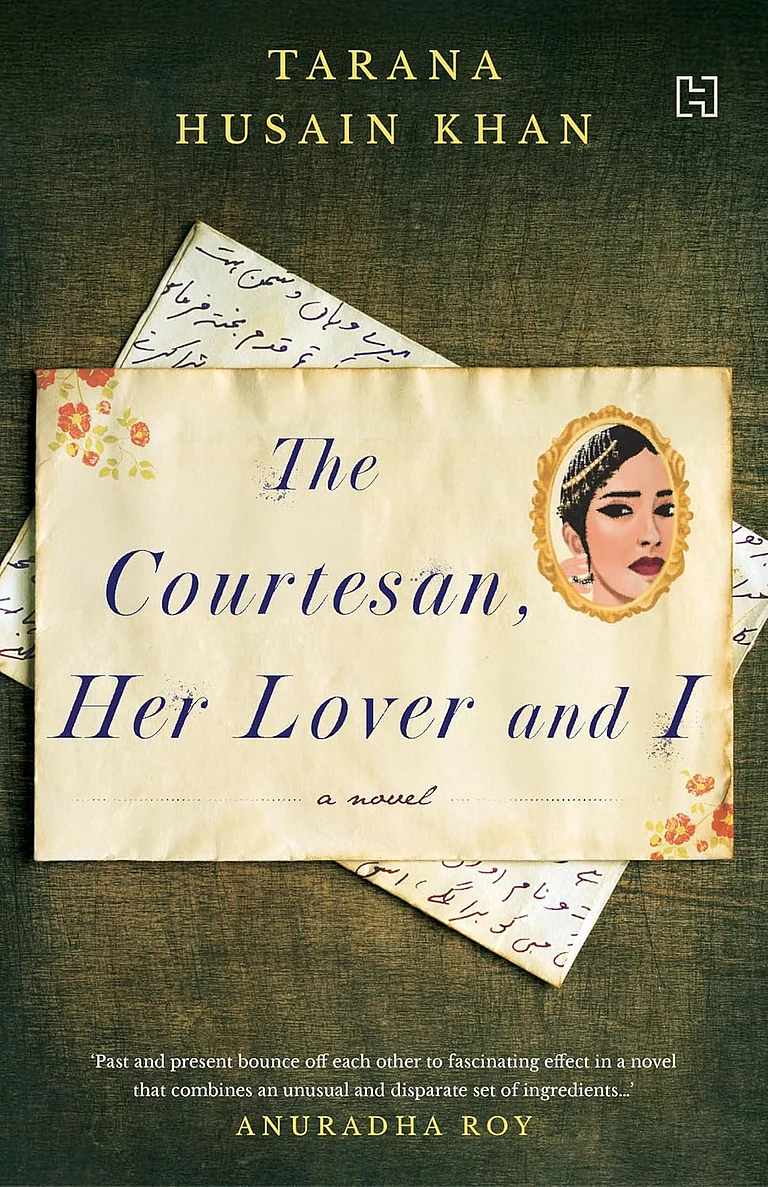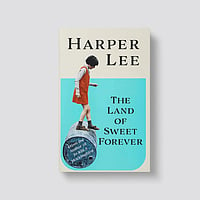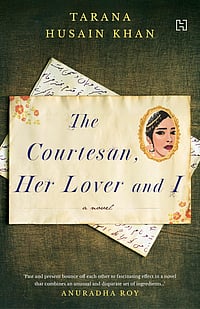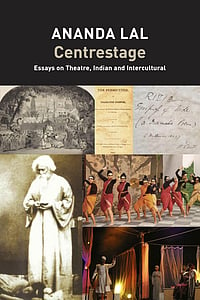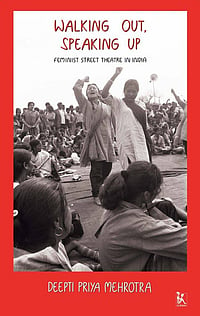Author: Payal Kapadia
Publisher: Hachette India
INR 399
This is something we have read or seen before, the jackboots, a Supreme Leader and a lack of freedom of speech. Payal Kapadia’s book treads on the heels of Orwell’s dystopian 1984, a place where Newspeak has been created to replace Oldspeak so that undesirable words can be eliminated and words like free can be stripped of unorthodox meanings. Orwell also added Big Brother to the vocabulary. Getting a grasp of what is happening in the book to begin with is slightly difficult. Why are people buying words and how much are they able to speak, since they are called Speakers. Readers are introduced to Asha and Zeb, two Speakers who seem to skirt the boundaries of what is forbidden. Gradually Ash and Zeb’s lives pick up pace as a drone kills a word ‘brunt’ on something called Gathering Day in front of Asha’s eyes and a troop of Chasers are hot on her heels.
Big Brother in this case is Gunter Glib who is houses in Word Bloc and has an horde of troops at him command. Speakers who go against rules are appropriately Silenced. Glib, we discover, is the uncle of Woebegone from whose warehouse words are bought and despatched to their buyers for a limited period during which they can only pronounce that word. Surrounding this world is that of the Barrens a waste of sand and plastic where a Thesaurus Rex lives a beautiful creature whose exact purpose is a slight mystery.
As in all movements there are the rebels who strive to make a difference, whether Words or Speakers - because freedom of speech is one of the first things to go in a repressive political order. Not everyone will have seen Farenheit 451, which is something else that comes to mind when one reads the book.
As the book progresses we realise that Glib has ordered that unused or unbought words should be disposed of. Some of the words escape while another set is taken away to a ‘camp’ or rather concentration camp called Boding. Asha who has managed to slip into the warehouse and onto the train with some of the words discovers that words can be brought to life when Speakers utter their names – Gossamer or Nice or Sweltering.
The book is meant for children but can be read by every one especially those who are aware of Orwell and the history of Nazi Germany, not to mention the state of the world at the current time with its overload of fake news and power hungry politicians. For the Words and ASha and Zeb there is a trace of hope iff they can find the Wood where speech is free, in a world scattered with the ruins of libraries and printing presses symbols of a utopian past. The book has the thrill of a will they won’t they chase, Can they topple the Word Bloc and all it stands for? Will the words find new life in the mouths of Speakers who are not controlled by word bands of their wrists?
In her Author’s Note, Kapadia writes, “I began to consider a singular word that is endangered because it represents the most dangerous idea of all. Truth. For isn’t every language an attempt to reveal or to conceal the truths of our world?”
It has been called a fantasy but possibly political satire is the right term for this book, even if that puts it beyond the young adults’ reach.









